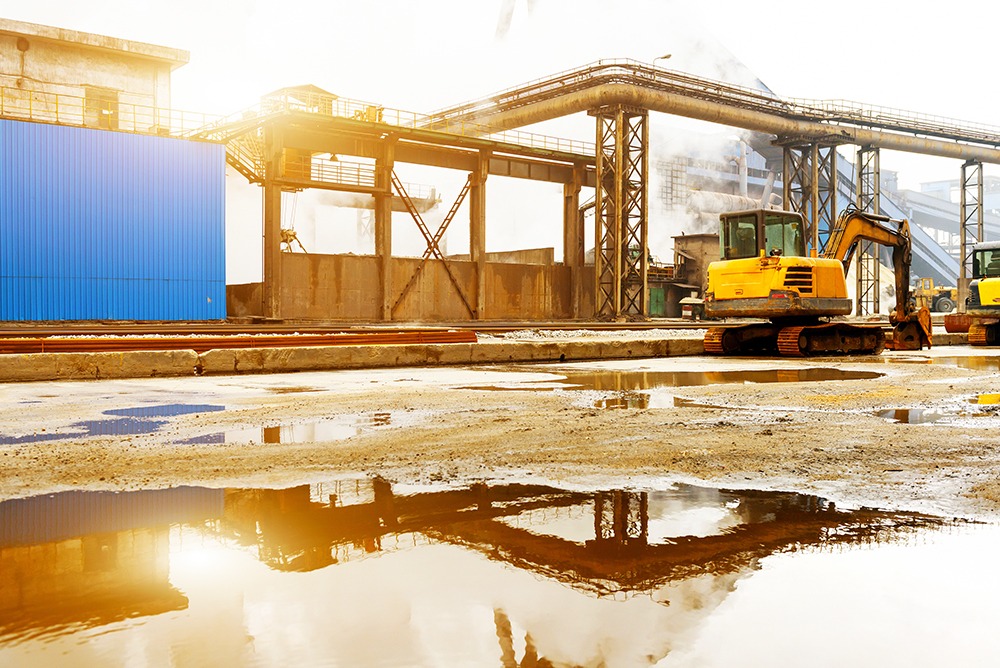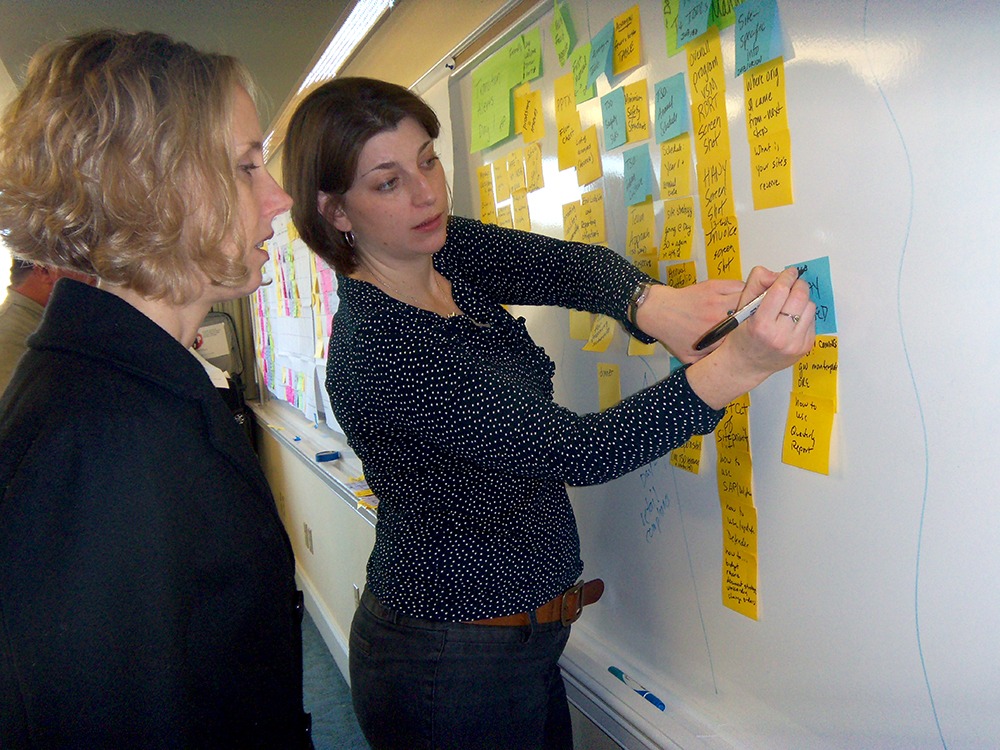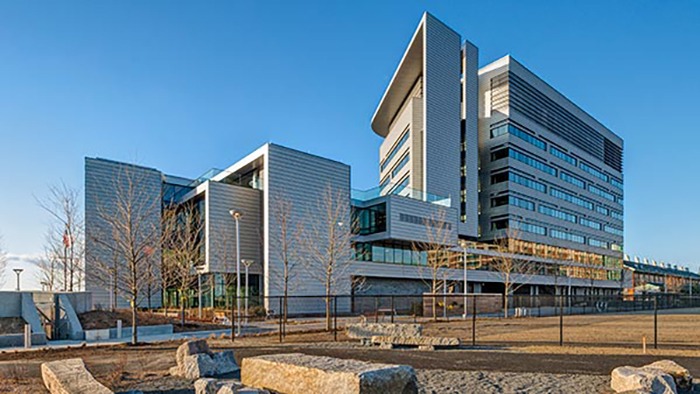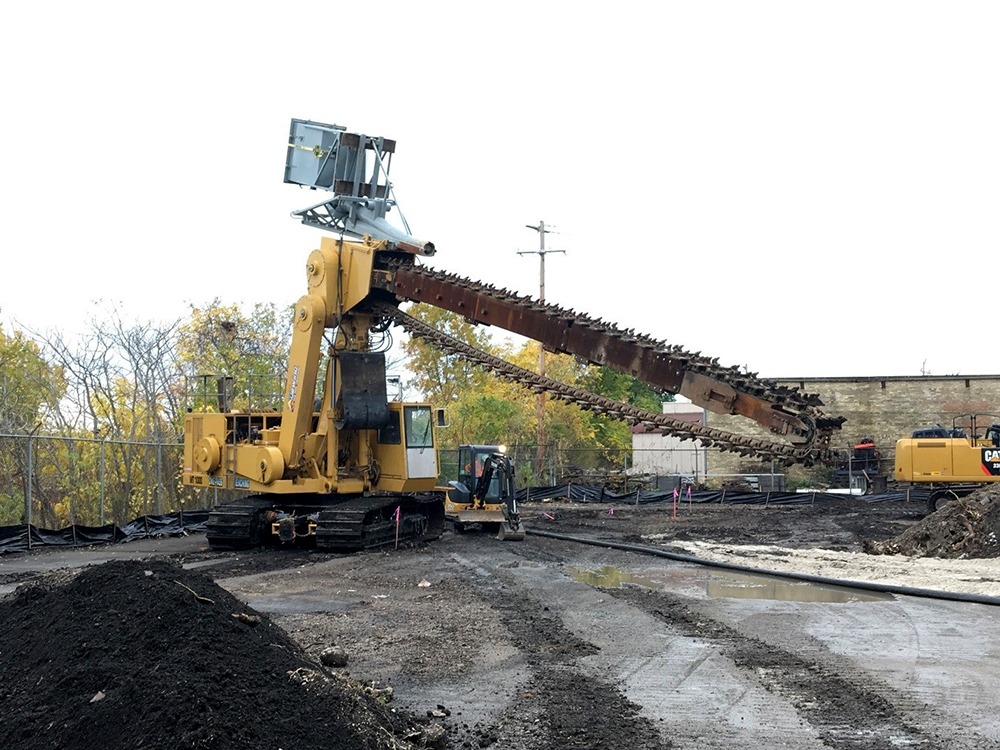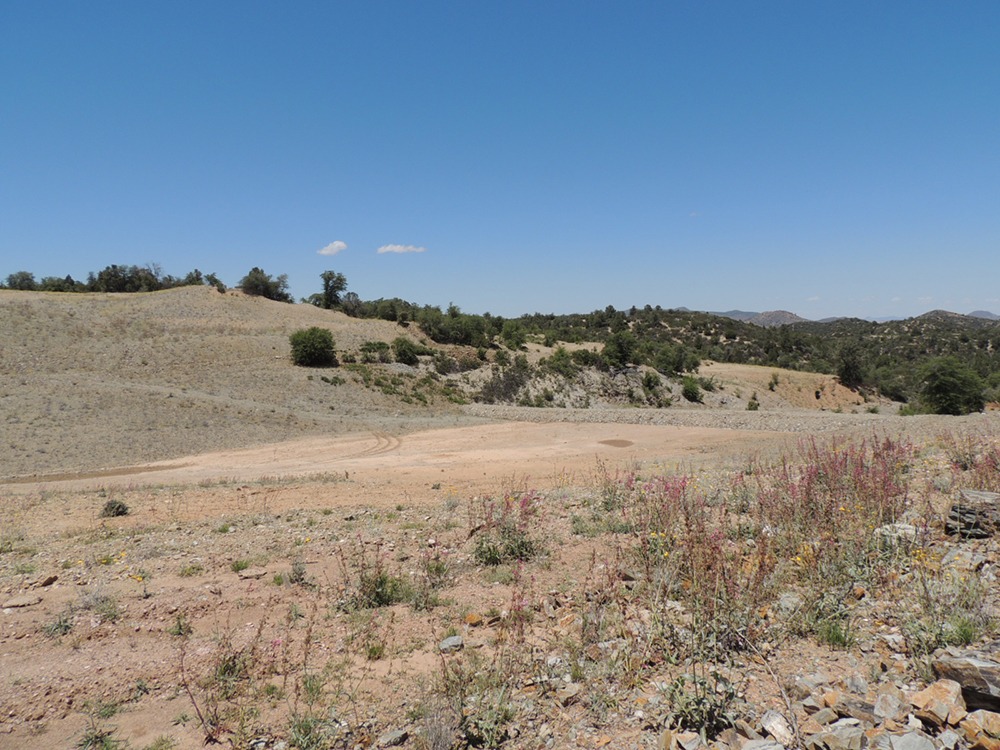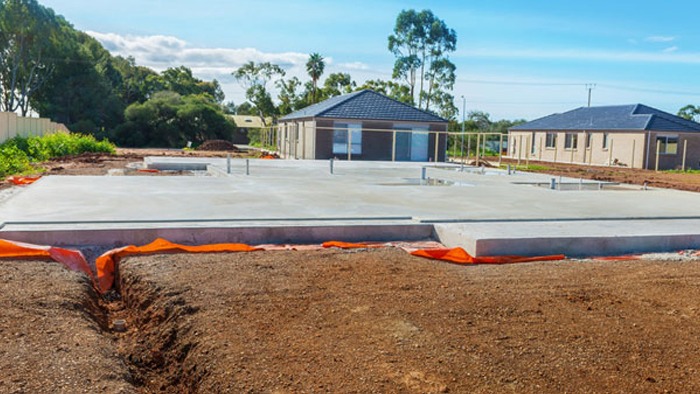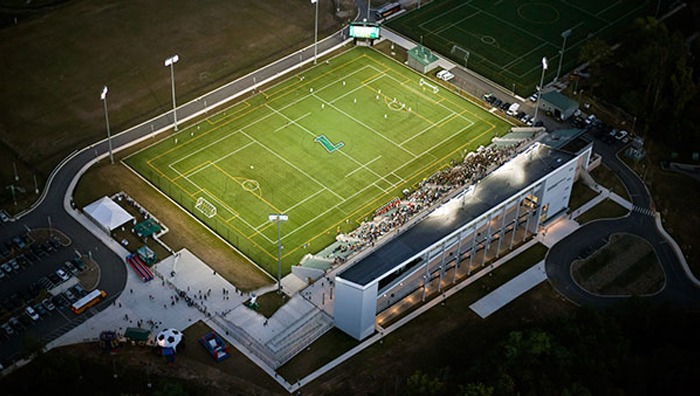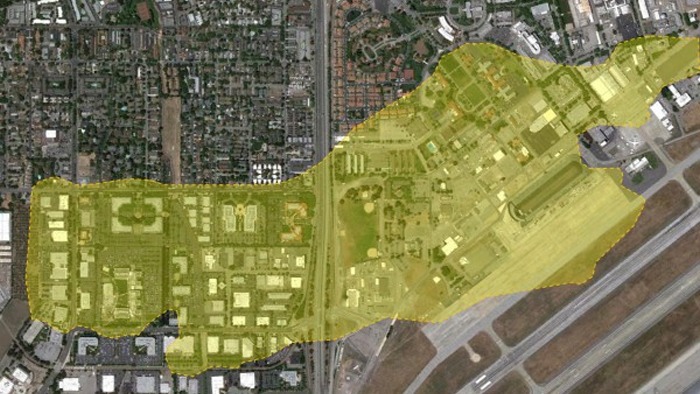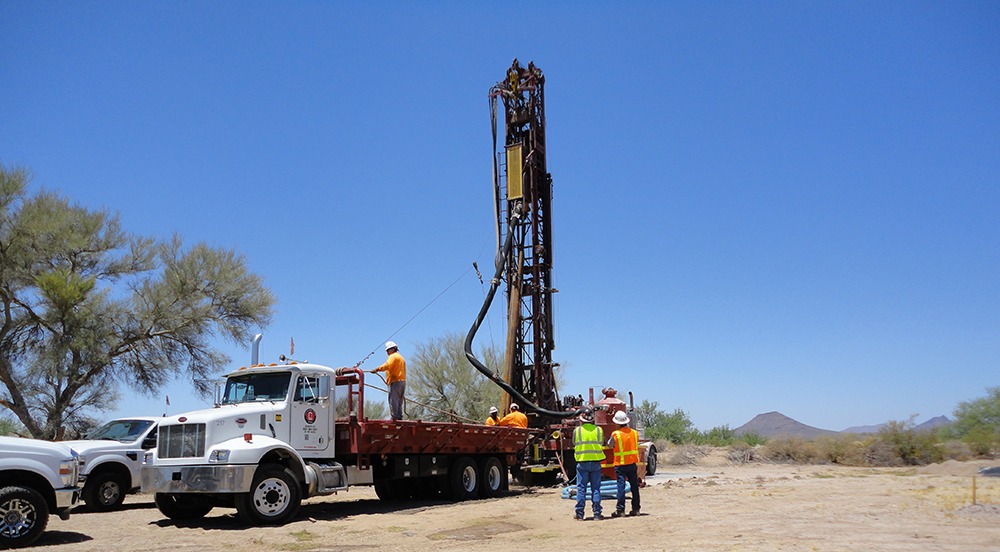
Aggregate and construction materials
Creative thinking helps landfill owner avoid costly permit violation and reduces monitoring costs
$400,000
saved in monitoring and well installation costs
Summary
- To comply with an Arizona Department of Environmental Quality (ADEQ) directive, a construction materials client had to replace five monitor wells that had gone dry within 90 days.
- We demonstrated that fewer wells and reduced monitoring would be sufficient to observe landfill conditions while still protecting human health and the environment.
- We also negotiated with the department to get rid of certain monitoring requirements, saving our client money over the life of the permit.
Client challenge
Fifteen years after closing a 20-acre, non-municipal solid waste landfill, a construction materials client was surprised to receive a directive from the ADEQ to replace five monitor wells that had gone dry because of regionally-declining groundwater levels. As part of its Aquifer Protection Permit, ADEQ had required 30 years of semiannual groundwater and landfill gas monitoring. However, the new directive had a surprisingly short 90-day timeframe for compliance. Haley & Aldrich was asked to evaluate the request and respond to ADEQ to help the client avoid a permit violation and potential enforcement action.
Our approach
Haley & Aldrich experts who had previously worked for ADEQ sorted through and evaluated over 25 years of hydrology and water quality data for the site to determine the most expedient way to meet the agency’s directive. By focusing its efforts on volatile organic compounds in groundwater, water level trends, and water quality and water level conditions in nearby wells, the team was able to demonstrate that fewer wells and reduced monitoring would be sufficient to observe landfill conditions, while still protecting human health and the environment. We recommended to ADEQ that our client be allowed to reduce the number of monitor wells from five to three and reduce routine groundwater monitoring from semiannually to annually.
By examining the original permit’s monitoring requirements, we also eliminated the unnecessary monitoring of unregulated contaminants and added others not previously listed. This brought the client into compliance with current ADEQ standards and shielded it from potential liability. By negotiating with ADEQ to delete monitoring requirements for unregulated contaminants, we also provided the client with substantial savings from reduced monitoring and analytical costs over the life of the permit.
Value delivered
- Helped the client avoid a permit violation and possible enforcement action as well as any associated consulting and legal fees
- Negotiated ADEQ approval on all recommendations and new permit conditions with just one in-person meeting using a sophisticated historical data analysis
- Advocated on the client’s behalf to reduce the number of monitoring wells and sampling frequency, satisfied the agency’s directive, and keep costs in check.
- Saved the client an estimated $400,000 in reduced monitoring and well installation costs
- Brought the new permit into full compliance with ADEQ standards, shielding the client from potential liability
- Facilitated a stronger working relationship between the client and the regulatory agency
For more information, contact:

Client Account Manager

Principal Consultant

